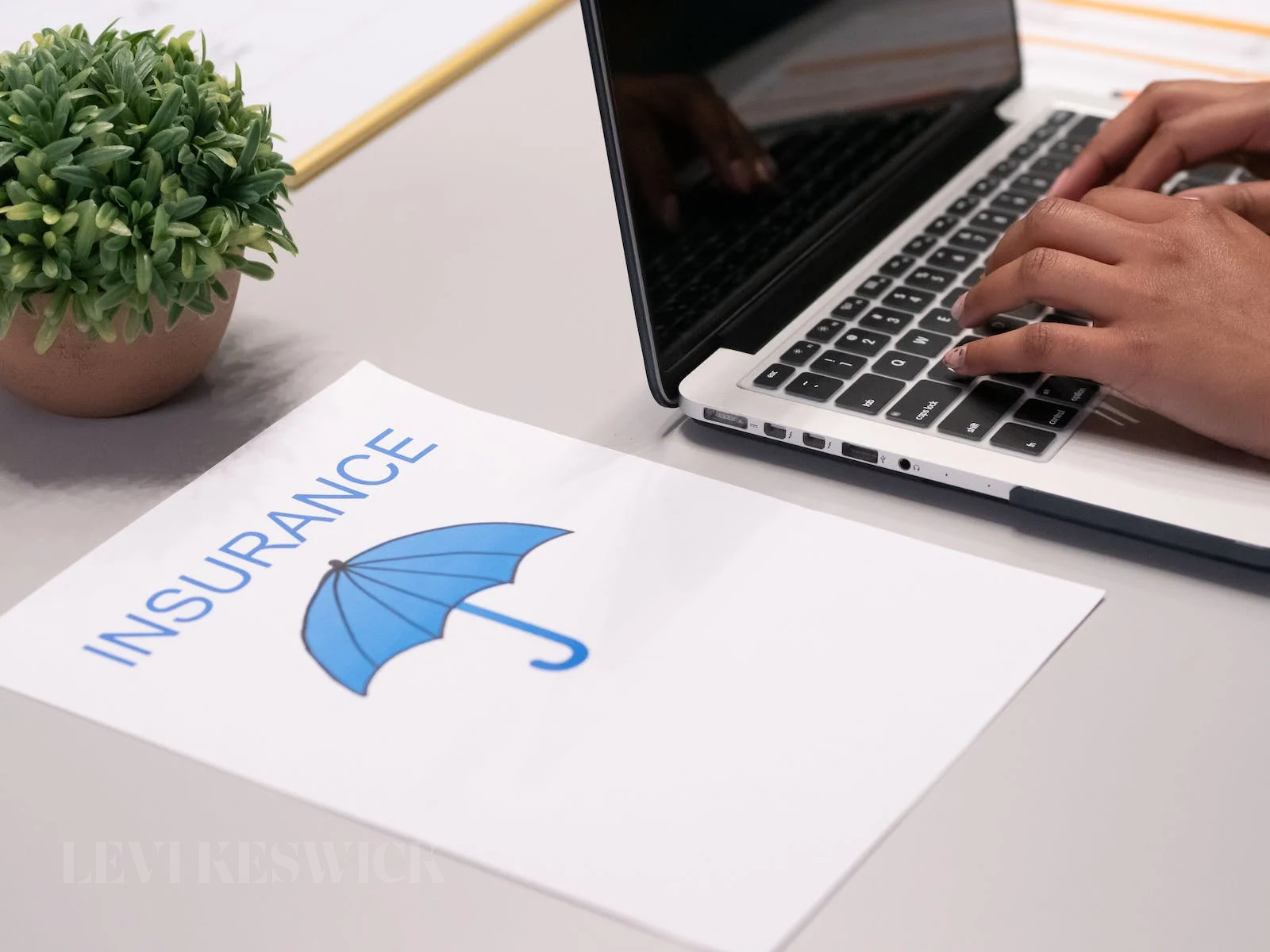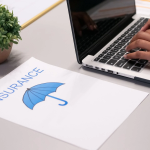As a small business owner, it is vital to make sure that you have the right insurance coverage in place. Not only does insurance protect your business assets but it also helps protect you and your employees from potential risks associated with running a business. Having adequate coverage can be the difference between staying afloat during difficult times or having to close shop altogether. With this in mind, here are six things that should be covered by insurance in a small business.

1. General Liability
When deciding on a small business insurance policy, general liability is one of the most important coverages. This coverage can often safeguard your business from various claims, such as those related to property damage and bodily injury. With general liability insurance, you can feel more secure knowing that you have protection if an accident or incident happens involving your business. So when getting insurance for your Colorado business, consider the scope of your company’s operations and the risks connected to it. For example, if you own a restaurant, then general liability coverage would be essential for you by protecting you from food-related claims.
2. Business Property Insurance
Having business property insurance is essential for any small business owner, as it covers the physical assets of your company including buildings (if applicable), equipment, furniture, and more. This form of coverage can help protect your investments from damage or loss that could be caused by unexpected events such as fires, storms, and theft. Additionally, some policies also protect against income interruption due to damage sustained from these occurrences. If you want to make sure that your business has the right level of protection in case of a disaster, consider getting business property insurance. And when selecting a policy, make sure that it covers losses due to cybercrime as well.
3. Professional Liability
Also known as errors and omissions insurance, professional liability provides coverage for services performed by you or your employees. This type of insurance is important if your business offers any professional services such as consulting, design work, accounting and financial advice, legal services, or any other type of work. Professional liability can safeguard your business from claims related to negligence and faulty products that you provide. Keep in mind that the scope of this coverage varies depending on the policy, so make sure to read it thoroughly before committing.
4. Workers’ Compensation Insurance
If you have employees working for your small business, then getting workers’ compensation insurance is essential for their safety as well as for protecting yourself from potential liabilities. This form of insurance provides protection against medical expenses and lost wages due to workplace injuries or illnesses incurred by your employees while they are doing their job. Most states require employers to purchase workers’ compensation insurance policies – so make sure to check with your local authorities regarding any specific requirements.
5. Commercial Auto Insurance
If you own a business vehicle or use your car for work-related trips, then commercial auto insurance is essential for protecting yourself from financial liabilities. This coverage protects against accidents involving business vehicles as well as any medical expenses incurred by drivers and passengers in case of an auto accident. In addition, it can also safeguard your company from third-party claims related to bodily injury and property damage resulting from the use of business vehicles. When considering commercial auto insurance, make sure that the coverage also includes uninsured motorist protection so that you are protected if an accident occurs with an uninsured driver.
6. Cyber Liability Insurance
Finally, if you store customer data online or process credit card payments electronically, then cyber liability insurance should be at the top of your list when purchasing a small business insurance policy. This form of coverage protects against claims arising from data breaches, cyber-attacks, and other forms of digital fraud which could affect your company’s reputation. Additionally, some policies also protect legal fees associated with defending your business in court. Cyber security also entails that your IT systems are up-to-date, secure, and compliant with industry regulations – so make sure you’re always one step ahead. You can rest easy knowing that you have the coverage you need to protect against cyber threats!

Having the right insurance policy can go a long way toward protecting your small business from potential financial losses due to unexpected events or accidents. While it may seem like an expense now, having the right coverage can ultimately save you thousands of dollars down the line if something goes wrong. So make sure to take the time to research different policies before making any decisions about what type of coverage is best for your business.













